The Sleep Diet: 7 Habits of Highly-Rested People
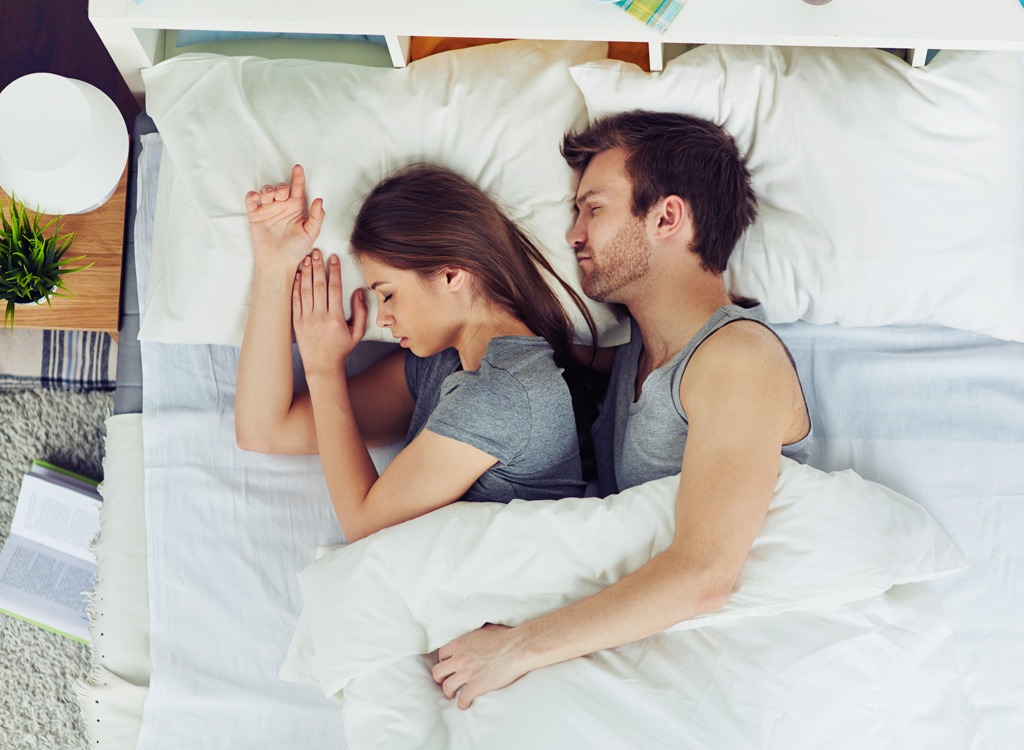
If you need to lose weight, there’s an easy, accessible, free place to start: your bed.
It seems like there’s a new study released every day that warns people they’re getting fat because they aren’t sleeping enough. Or they have heart attacks because of it. Or they’re even upping their risk of dementia. And these urgent articles aren’t just click-bait; the warnings are usually backed by intense, reputable research. In fact, this is the most attention that sleep health has ever gotten, partly because sleep medicine was barely recognized as a real thing until the 90s. It also doesn’t hurt to have huge influencers like Ariana Huffington preaching the power-of-sleep gospel or for us to see cool new consumer products, like those affordable bed-in-a-box Casper mattresses ($400 – $1,150 on Amazon.com) with the quirky, endearing advertisements.
Still, approximately 35 percent of Americans get less than seven hours of sleep each night, according to a February 2016 report by the CDC. But of the 65 percent supposedly getting enough sleep, it’s doubtful their sleep quality couldn’t also be improved for better health and weight management success. This is because people who get enough, high-quality sleep have lower levels of ghrelin (a hormone that stimulates hunger and makes you crave junk food) and increased leptin (a hormone that regulates energy and keeps your appetite from spiking). That was the finding of research conducted at the University of Wisconsin, and any sleep medicine professional or educator will echo this fact, too.
And that’s where a sleep diet comes in. Eating right and being active are critical components to success, but your slimming-down trifecta won’t be complete without some high-quality shut-eye. Follow the advice below to make your Zzzz’s work harder for your waistline—and then check out the 20 Foods That Keep You Up at Night!
Make Your Room Cool and Dark Like a Bat Cave

And by bat cave, we mean that you need it to be dark. Pitch-black, if possible! Exposure to light at night doesn’t just interrupt your chances of a great night’s sleep; it may also result in weight gain, according to a study published in the American Journal of Epidemiology. Study subjects who slept in the darkest rooms were 21 percent less likely to be obese than those sleeping in the lightest rooms.
Meanwhile, not only do most people sleep better in a cooler temperature, but our bodies respond more positively by activating more brown fat—the good fat that burns through the nasty, stubborn belly fat. A study published in the journal Diabetes found that people who switched to 66-degree sleeping temperatures doubled their good fat volumes. Find out the 12 Ways Your Home is Making You Fat to avoid making other little mistakes!
Detox the Devices from Your Bedroom
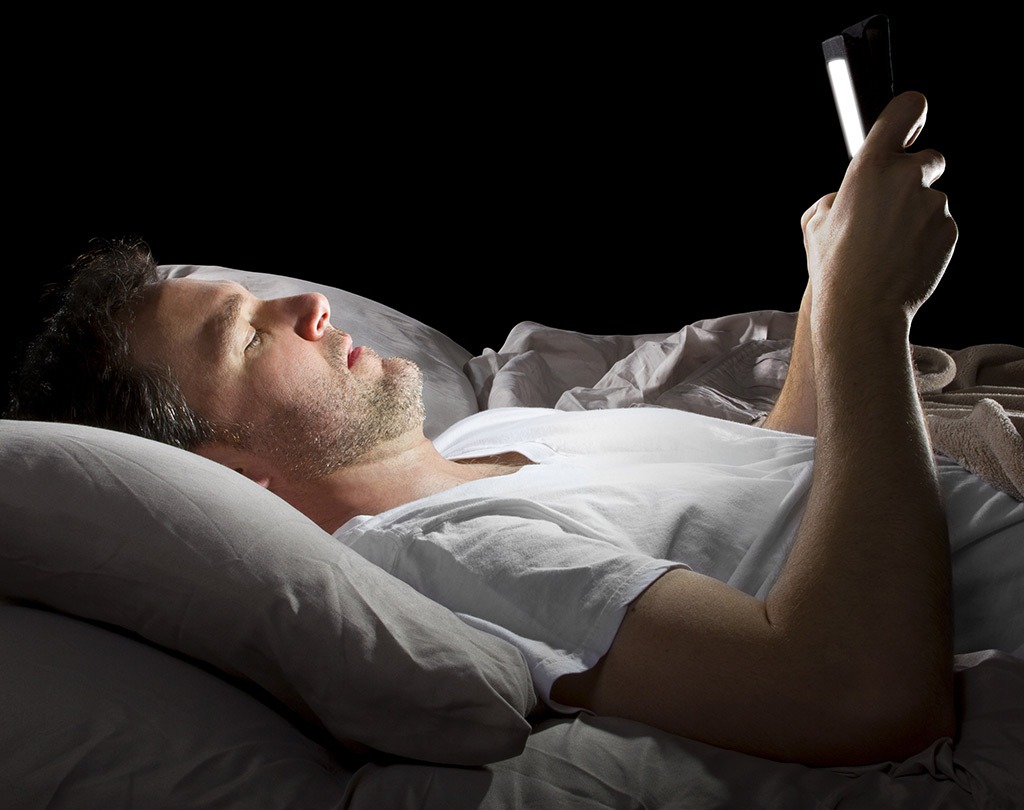
“If I know I have a big day ahead of me, the first thing I do before I go to bed is turn off my devices,” David Zinczenko, author of Zero Belly Diet says. In fact, this is his #1 tip for losing weight before bed and backs up his belief by elaborating that a Pediatric Obesity study showed that people are one and a half times more likely to be overweight if they have devices in their bedroom.
Simply can’t live without checking your phone right before bed or scrolling through Insta at all hours of the night? Try a physical screen protector that acts as a filter; we recommend the ones by iLLumishield. It’s just $8 on Amazon.com.
Be Stricter About What You Eat After the Sun Goes Down
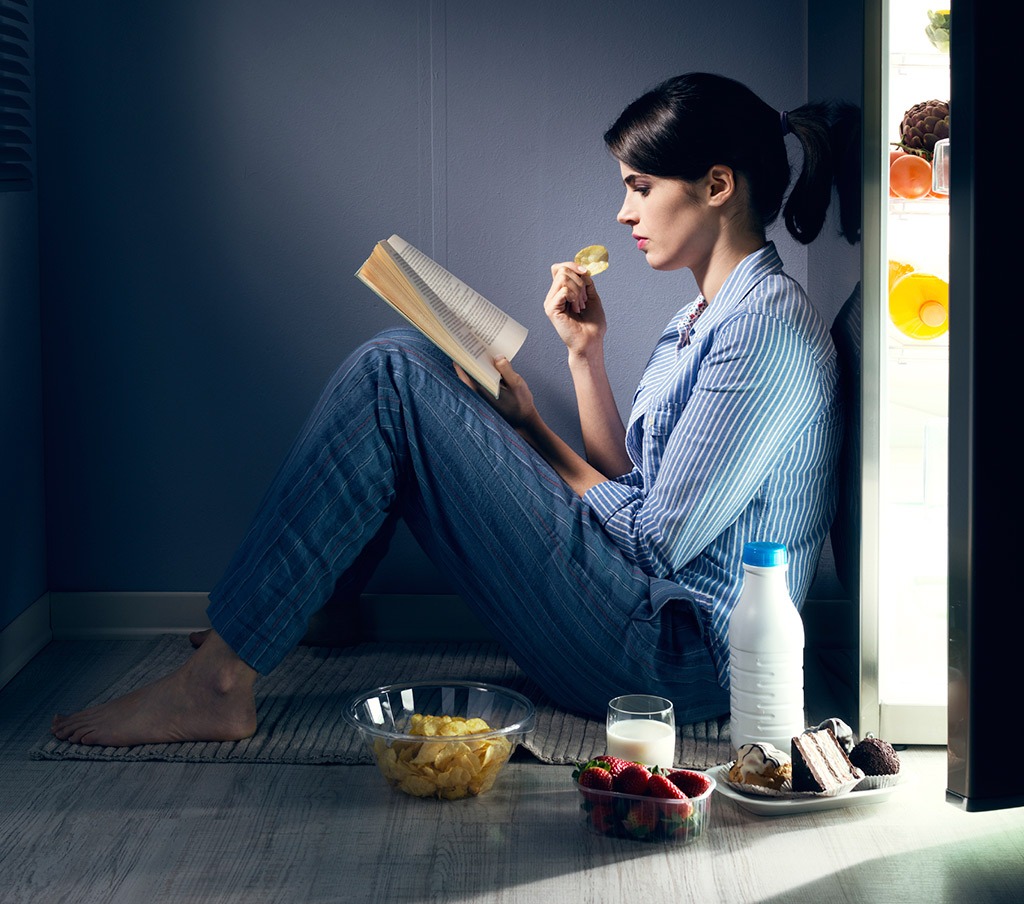
Heartburn: The struggle is real for many people. And if it’s not heartburn keeping you awake, then perhaps it’s the sneaky caffeine lurking in some foods or the acidity from others. Familiarize yourself with these 20 Foods That Keep You Up at Night; this list will both surprise you and motivate you to just say no to that late-night pizza slice.
And even if you’re eating non-trigger foods, you’ll still want to do so several hours before you go to bed. When you eat a medium-to-large meal before bed—even a few hours before—your body is working to digest it long into the night. And if your body is still worked up, so are you. If that’s not enough motivation to resist stuffing yourself at 8:30 p.m.: Research has shown that those who can go from 6:30 p.m. until 9 a.m. without eating go into “fasting” mode and can torch more stored fat. But there’s a big difference between that and starving yourself throughout the day, which is one of the 25 Things You’re Doing to Slow Your Metabolism.
Develop a Ritual That Gives You Confidence
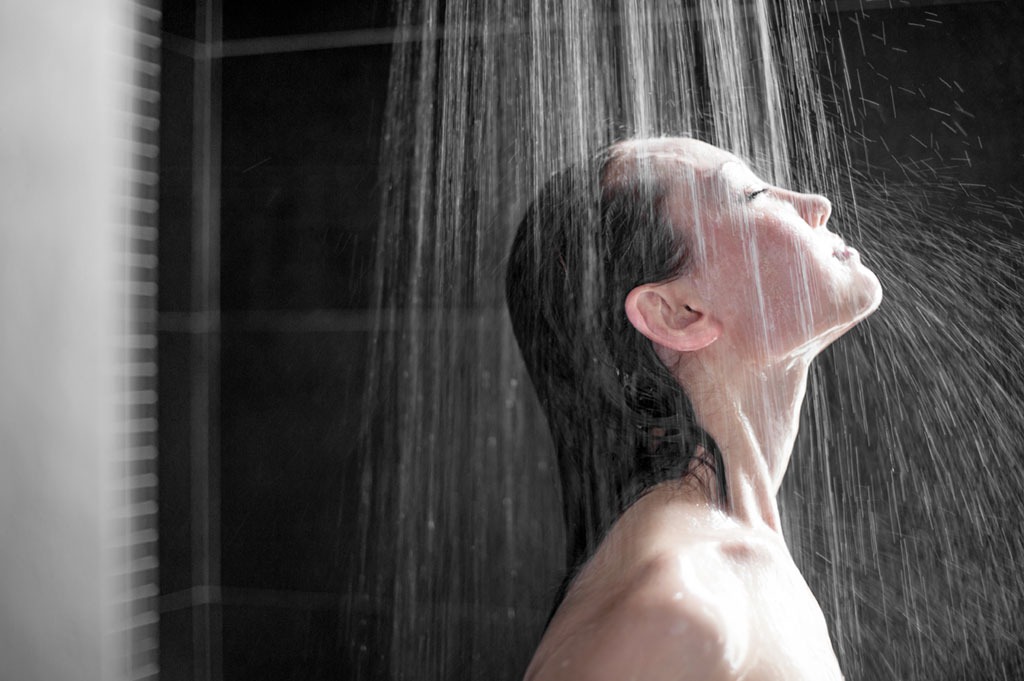
The fear of never falling asleep can paralyze your mind, resulting in a fitful, restless string of tosses and turnings. Who hasn’t been there?
Nip that insecurity in the bud by exploring and nurturing a nightly ritual that sends you to sleepy town like no other. Sipping a cup of chamomile tea is a great trick and one that Kelly Choi, author of The 7-Day Flat-Belly Tea Cleanse employs.
Or, try this hot shower hack that will blow your mind: When you shower or bathe just before bed, the heat from the water will give your body temperature a lift—resulting in a quick drop in temp when you get out and towel off, which gently helps relax your entire system.
One more idea: Any yogi will tell you that there are some great poses to do to help your body release tension and prepare for a restful night. Mark Balfe-Taylor, director of yoga at TruFusion, recommends the Deaf Man’s Pose. “It can calm the nervous system, release the shoulders and neck and, most importantly, allows you to focus inward, block out stress and relax,” he says.
Steer Clear of Sleep Meds
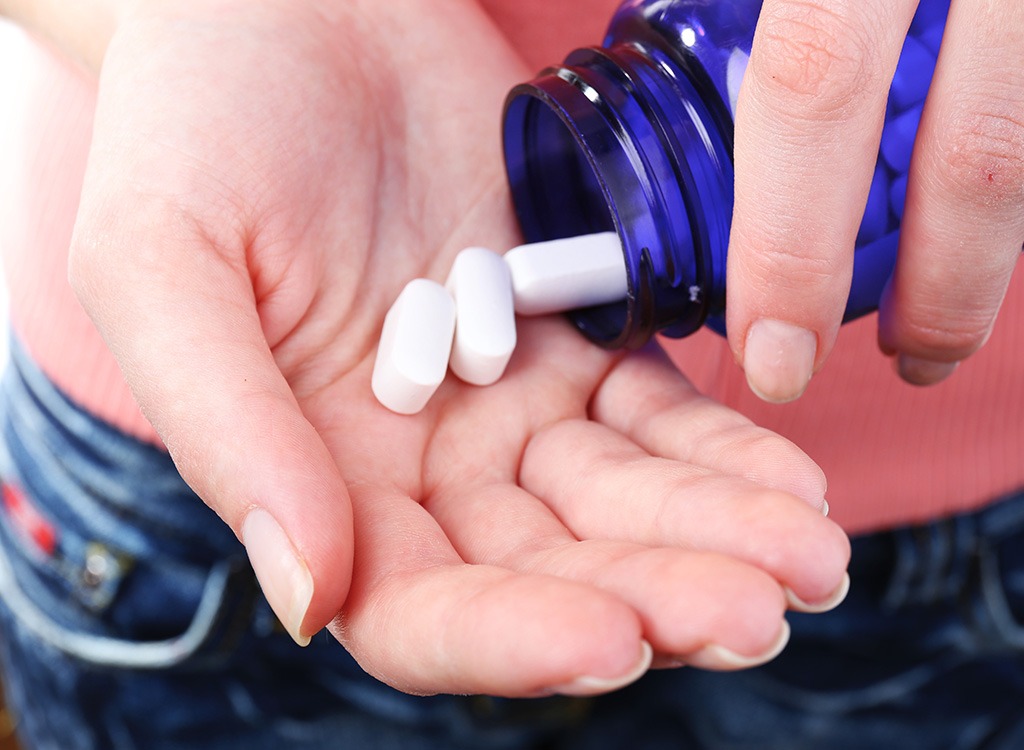
The watered-down version of why you don’t want to rely on sleeping pills is that the quality of your sleep (deep, REM sleep) is actually more difficult with medicines. But it gets worse. Larry Altshuler, M.D. Author of Doctor, Say What? shared a startling fact with us: A February 2012 study in the journal BMJ Open revealed that people who take sleeping pills are four times more likely to die than those who don’t take them. Whoa! “The pills also raise the risk for certain cancers, including esophageal, lymphoma, lung, colon, and prostate,” he says. “The higher the doses and number of nights they are used, the higher the risk.”
As for side effects that are still notable but less terrifying, sleep medications can mess with you if you awake during the night by affecting your balance, judgment, and even your appetite.
Trick Out Your Bed
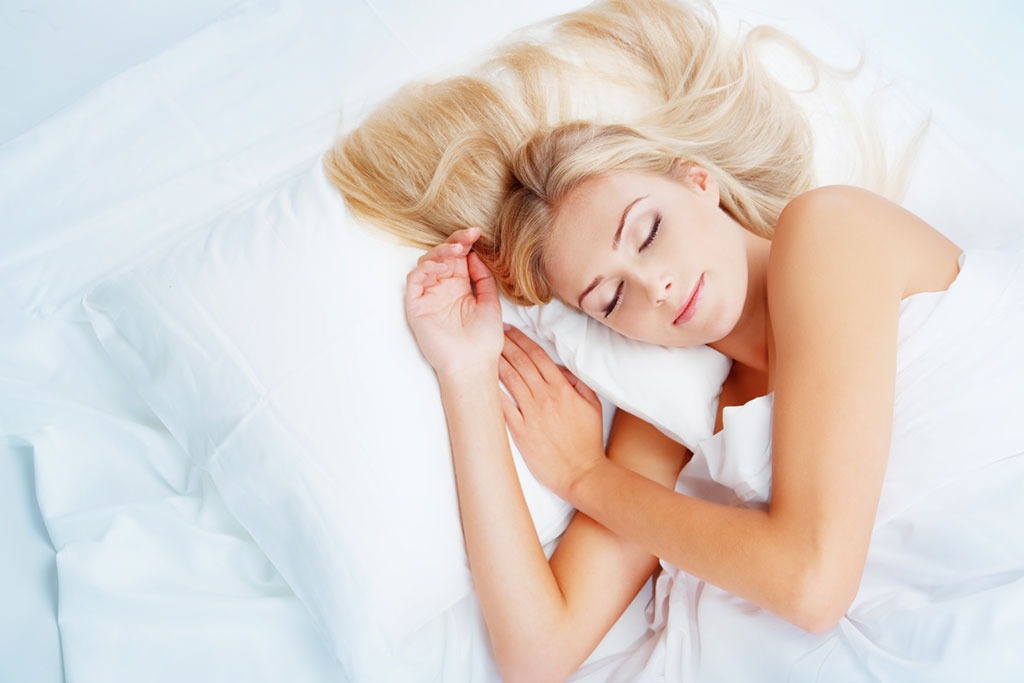
If your mattress resembles a banana, your pillow is like a pancake, and your sheets feel like scratchy looseleaf paper, then you’re setting yourself up for failure before you even crawl into bed. Your mattress should be based on your weight (heavier people will need firmer mattresses) for proper back support, your pillow should support your neck, and your sheets should allow for proper temperature control. (Super-high thread counts—like 1,200—can sometimes make you sweaty because the fabric can’t breathe.) Trust us: Once you make your bed the most comfortable place in your personal world, going to sleep will be all that easier.
Hold Yourself Accountable

Sleep advocates like to scold Americans for viewing sleep deprivation as a badge of honor, but let’s be real: Getting plenty of sleep just isn’t that easy for most people. If we’re not burning the midnight oil to accomplish our goals, then we’re working night shifts because that’s the kind of job we have, or we’re being good parents and putting our kids’ needs first, or…you get the point.
But then there’s a whole bunch of people who aren’t on the night shift, aren’t tending to their families, and aren’t working 12-hour days; instead, they’re watching six hours of television every night and flat-out refusing to pay attention to all the advice out there for getting quality sleep.
Along with holding yourself accountable by changing your lifestyle, you’ll also want to take stock of your potential health conditions. There’s an undeniable link between sleep apnea and poor weight management, and it’s a vicious, frustrating cycle: If you’re overweight, the excess fat around your neck can trigger apnea; but having sleep apnea means you’re not really getting high-quality sleep, so you wind up waking up every morning exhausted and with your hunger hormones firing on all cylinders.
Sleep apnea is a common but serious condition that affects numerous people but often goes undiagnosed, and it’s up to you to ask your doctor about it. The biggest clue for if you have sleep apnea is if you periodically stop breathing for a couple of seconds throughout the night; snoring is also a tip-off, but not everyone with sleep apnea necessarily snores. People who lose a significant amoutn of weight may see their sleep apnea calm down, but other options include a dental procedure and at-home breathing devices (like CPAP machines, which literally push air into your throat so that you get to actually breathe while you sleep).
If you’re not ready to take charge of your potential sleep apnea, you can at least try a few throat exercises that Dr. Altshuler recommends. The first exercise is to do several yawns with an exaggerated effort and duration; do it like you’re trying to make a point of how ridiculously boring someone is. The second is to try “tongue resistive exercises,” which Altshuler describes as “pushing the tongue to the roof of the mouth with increased effort.” His third exercise is to chew gum with your back molars, “with the tongue moving the gum side to side for about 20 minutes.” Chewing gum can make you bloated because you’re sucking in extra air, so try to keep your mouth closed tightly—and avoid these 35 Things That Make You Bloat while you’re at it.








